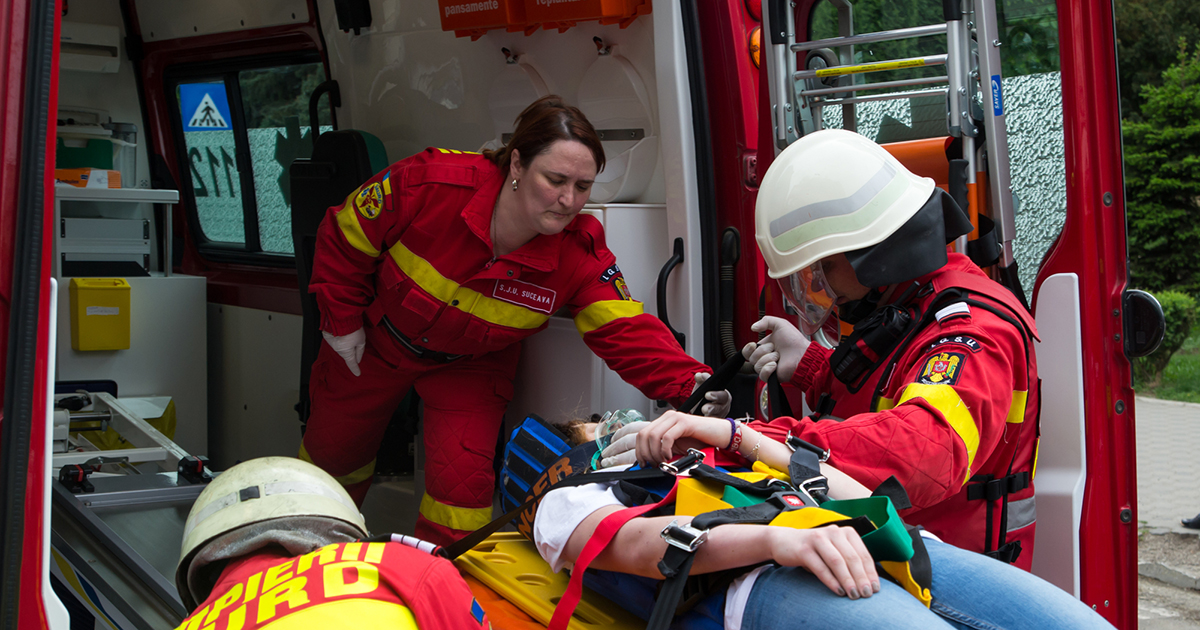Warning Signs Of Angiomyolipoma
Shock

Shock develops in about twenty percent of patients. This can happen because of fluid loss due to bleeding if a vessel rupture occurs. This type of shock is the hypovolemic type and is a medical emergency. If left untreated, organs can start to fail due to inadequate blood profusion. Symptoms that warrant emergency care include pale and cold skin, shallow and rapid breathing, significant urine output reduction, weakness, blue nails and lips, losing consciousness, rapid heart rate, confusion, a weak pulse, and lightheadedness. Depending on the amount of fluid and blood loss, doctors may use several treatment methods, such as platelet, blood plasma, or red blood cell transfusions. Administering intravenous crystalloids might also be necessary.